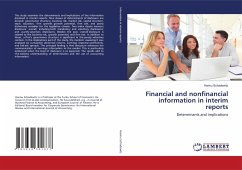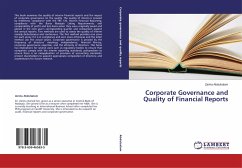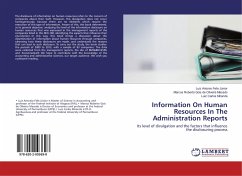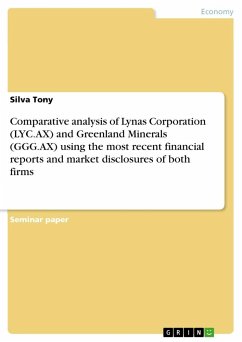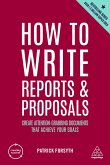This study examines the determinants and implications of the information disclosed in interim reports. Nine classes of determinants of disclosure are derived: governance structure, business risk, market risk, capital structure, stock valuation, firm growth, growth potential, firm size, and yearly dichotomy variables for the legislative climate. Two index classes measure disclosure: overall, including both mandatory and voluntary disclosures; and purely voluntary disclosures. Besides the year, overall disclosure is related to the business risk, growth potential, and firm size. In addition to these, a firm's governance structure is significant in the purely voluntary context. In the implications part of the study, the markets' assessment was analyzed via cumulative abnormal returns, earnings response coefficients, and bid-ask spreads. The principal finding is that disclosure enhances the communication of earnings information to the market. This is particularly evidenced when the level of disclosure is as expected. The results add to the existing understanding of determinants and the use of accounting information.

